You may have one question on your mind more than any other. Why is my dog panting and restless all the time? Usually, there is no need to be extremely worried about it. Panting, for instance, is normal behaviour and is used by your pet to regulate the body temperature. If a dog is restless, he may want to play or go for a walk. But when the two symptoms are combined, there are a few severe and serious reasons why this is the case. Below, all of them are explained in a simple manner.
Why Is My Dog Panting and Restless?
We must add that when your pet is hot, he will behave precisely like this. This is not a huge issue and you need to provide water and also make sure he stays in a cool and pleasant area. But, if this isn’t the case, then why is my dog panting and restless can be a sign of something severe. These are those causes!
Respiratory Disease
Respiratory diseases make your dog has issues getting enough oxygen to the blood and also make it impossible to remove carbon dioxide from the blood. That’s why he is panting and restless at the same time. This is one of the reasons, as you shall see.
The two most common issues are tracheal collapse, which makes the trachea collapse, and laryngeal paralysis, which affects the nerves responsible for controlling the larynx. The first affects smaller dogs, and you can see them coughing when playing or being active. The latter affects large dog breeds, and it makes it impossible for a dog to cool down after some activity. Proper veterinary help is needed in both cases.
Heart Disease
Heartworm disease, arrhythmia, cardiomyopathies, and many others may be reflected with these 2 symptoms. Almost all of these affect the heart in that way, so it cannot pump enough oxygen into the blood. As a result, restless and panting symptoms can be noticed.
Once again, a vet will examine your pet and listen for any issues with the heart of this system. Most of the treatments are very effective and successful.
Canine Cognitive Dysfunction
CCD will cause a disease similar to dementia. It affects the brain and makes dog impossible to control his motor skills and memory properly
. They can even get lost inside the home, which is almost impossible for healthy dogs. In addition, these dogs have issues sleeping, and they look confused most of the time. Panting is one of the symptoms you need to look for. The restless dog is another. The issue mostly affects dogs older than 10 years.
Fear and Anxiety
Dogs can get scared and they can get anxious, just like humans. The best example is when your pet hears fireworks. He may run away and hide while his tail is between his legs. Others will lick their lips, avert their eyes, yawn all the time, and more. However, most of these dogs will also show signs of panting and be restless.
The first thing you need to do is take him to the vet. In some situations, anti-anxiety medications must be given. It is equally important to determine the cause of his fear or anxiety and to remove it from his life. We can add that phobias are a common issue here as well. Once again, proper help is mandatory.
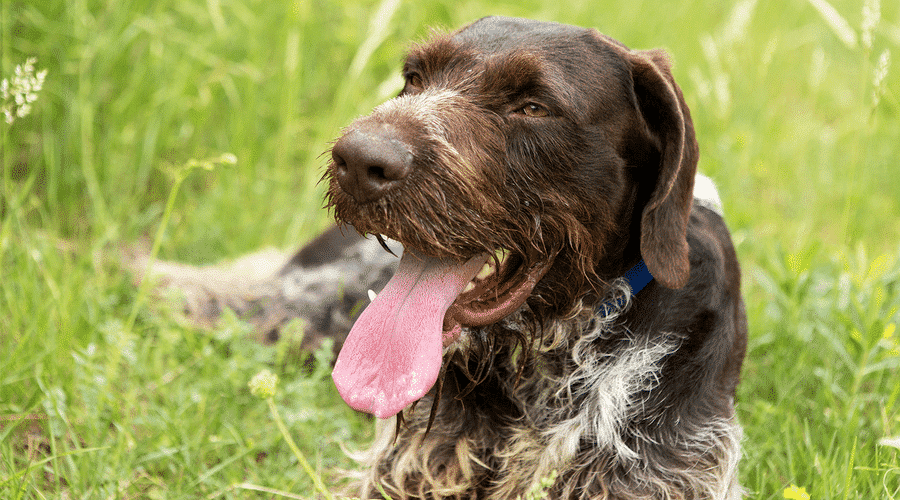
Cushing’s Disease
There are many glands in the dog’s body, and explaining all of them and what they do is impossible here. These produce hormones that will affect behavior and also affect almost all body processes inside the body. Sadly, when some hormones are too high, a disease can be diagnosed. For instance, if your dog has too much cortisol, hyperadrenocorticism may be the cause. This is known as Cushing’s disease, and it can be caused by various things, including tumors. Treatment will depend on the main problem causing the disease. In some cases, surgery may be needed.
Panting and increased thirst are the most common symptoms here. Increased urination is the next symptom that is present due to the fact that your dog is drinking too much water.
Anemia
Anemia is a condition that occurs when not enough blood reaches the organs and carries oxygen. That’s why your dog will pan and why he will be restless. There are many causes for anemia, including cancer, bleeding (internal or external), and so much more. Other symptoms you may notice include pale gums, a lack of appetite, and nausea. Medical treatment is mandatory and very successful.
A vet will perform many tests on your dog, including an X-ray, in order to determine the inner injury that may cause this condition.
Chronic or Acute Pain
Dogs who are in pain will pant and act restless simply because they are in pain. There are countless reasons why a dog may be in pain. Arthritis is one of them. An injury is another. Some dogs will run away and hide, while others will pant and act restless. It is important to diagnose the cause of the pain and treat it.
There is one way you can tell if your dog is in pain. If his heart rate is increased and he is breathing, he may be in pain. A limping dog is an obvious example, but it is one of the rare situations where you can see something wrong with your pet. It is important to add that medications humans can take for pain are not safe for dogs.
Tips to Alleviate Excessive Panting and Restlessness in Dogs
Excessive panting and restlessness in dogs can be concerning for pet owners. If you’ve ruled out any underlying medical issues with the help of a veterinarian, consider the following strategies to help your canine companion find comfort and peace:
Ensure a Comfortable Environment:
Keep your home cool, especially during hot summer months. Make sure your dog has access to shaded areas and fresh water at all times. Offer a quiet space where your dog can retreat and relax, free from loud noises and disturbances.
Adequate Exercise:
Regular physical activity can help manage a dog’s energy levels. Tailor the exercise to your dog’s age, breed, and health status. Walks, play sessions, or even gentle indoor games can make a significant difference.
Mental Stimulation:
Engage your dog with puzzle toys, training sessions, or games that require them to think and solve problems.
Massage and Calming Touch:
Just as with humans, a gentle massage can be soothing for dogs. This can particularly help older dogs or those with joint pain.
Natural Remedies:
Consult your veterinarian about safe, natural supplements or remedies that can help calm a restless dog. Products like CBD oil or certain herbal supplements might be recommended.
Monitor Diet:
Ensure your dog’s diet is well-balanced and free from ingredients that could cause allergies or sensitivities.
Create a Routine:
Dogs thrive on routine. Try to feed, walk, and play with your dog at the same times every day.
Avoid Triggers:
If you notice your dog’s restlessness is triggered by certain sounds, events, or situations, do your best to prevent or minimize those triggers.
Consider Professional Training:
Sometimes, behavioral issues might be at the root of a dog’s restlessness. In such cases, consulting with a professional dog trainer or behaviorist can be beneficial.
Check Toys and Bedding:
Ensure that your dog’s toys are in good condition and that their bed or resting place is comfortable and free from irritants.
By paying close attention to your dog’s environment, habits, and behaviors, and making small adjustments as needed, you can often mitigate issues of excessive panting and restlessness, ensuring a happier, more relaxed companion.
Conclusion
Why is my dog panting and restless occasionally or all the time? It can be due to one of the issues mentioned above. In any of these cases, professional help and a treatment that will help your pet are needed. We must add that these treatments are safe and very successful. Ideally, you will diagnose the issue as soon as possible and start with the treatment.
Frequently Asked Questions
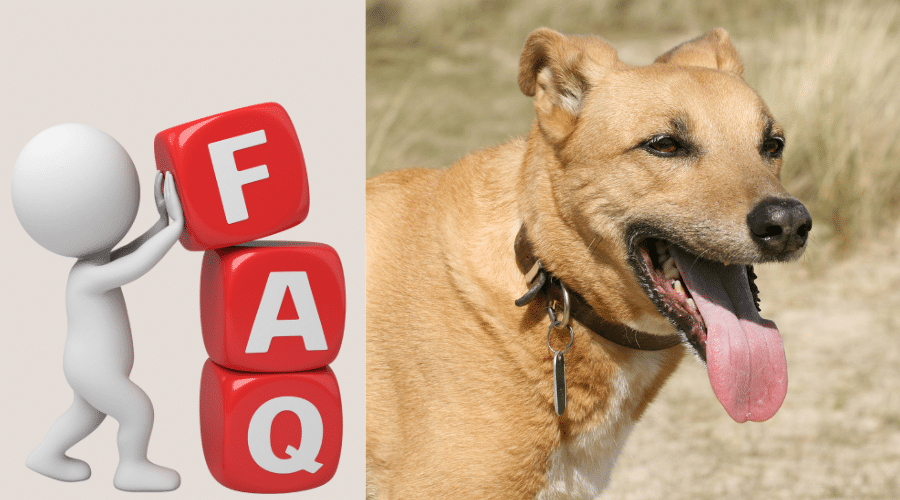
What causes a dog to be restless and pant heavily?
Several factors, ranging from environmental conditions like heat to medical issues such as heart disease, can cause a dog to become restless and pant excessively.
Is nighttime restlessness common in dogs?
While some dogs might have occasional restless nights, consistent nighttime restlessness is not typical and should be discussed with a veterinarian.
Could my dog’s diet contribute to their panting and restlessness?
Certain foods or a sudden change in diet can cause digestive discomfort which might manifest as restlessness and panting.
Are there breeds more prone to heavy panting?
Short-snouted breeds like Bulldogs or Pugs often pant more due to their facial structure. However, excessive panting in any breed is worth noting.
How can I help soothe my anxious and restless dog?
Offering a calm environment, using tools like anxiety wraps, and engaging in gentle play or petting can help soothe an anxious dog. If the problem persists, consulting with a vet or animal behaviorist is recommended.
Can medications cause my dog to pant more?
Yes, certain medications may have side effects that cause increased panting. Always discuss potential side effects with your vet when introducing new medications.
My dog’s panting is accompanied by drooling and vomiting. What should I do?
Immediate consultation with a veterinarian is essential as these symptoms combined can indicate a serious health issue.
How do I distinguish between normal panting and excessive panting?
Normal panting usually occurs after exertion or in hot conditions and will subside. Excessive or unexplained panting, especially if accompanied by other symptoms, should be addressed.
How can I prevent my dog from becoming too restless?
Regular exercise, a consistent routine, a balanced diet, and regular vet check-ups can all help in maintaining a dog’s overall well-being, potentially reducing restlessness.
Can training or behavior modification help a restless dog?
Yes, in cases where the restlessness is due to behavioral issues or anxiety, training and behavior modification can be very effective.


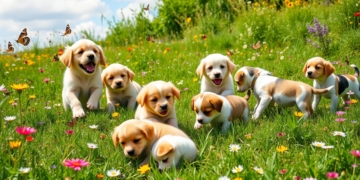


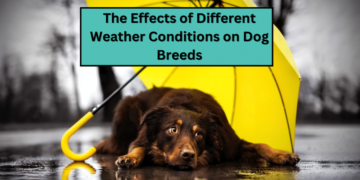

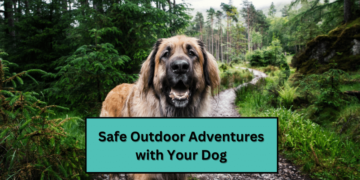
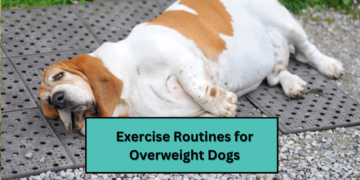
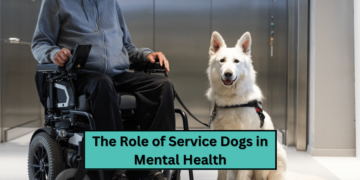
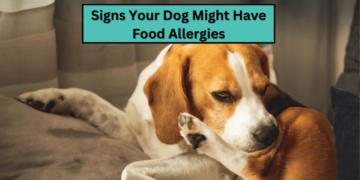

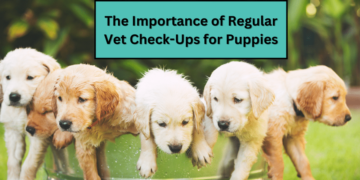


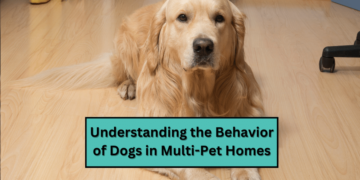
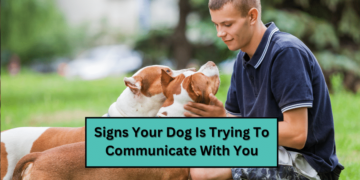
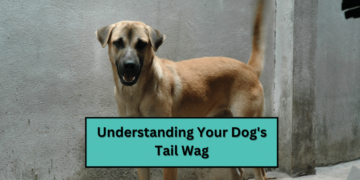

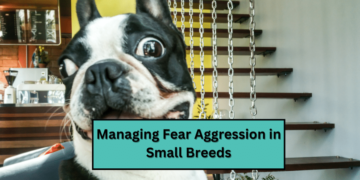
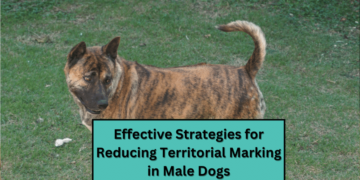


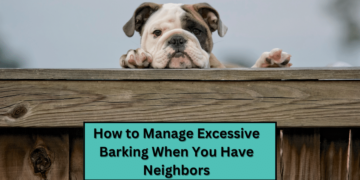
















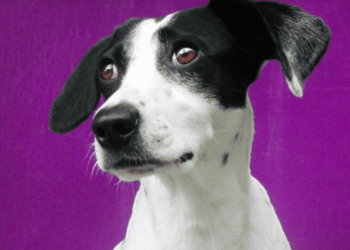











Discussion about this post